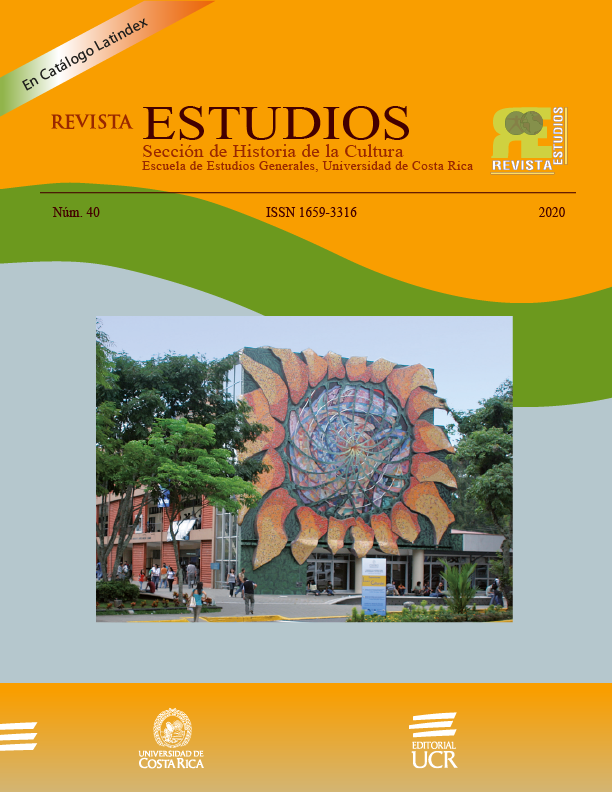Resumen
Muchos autores literarios a lo largo de la historia se han ocupado de la función -misión- del traductor en su época: Alfonso X el Sabio, Cervantes, Feijoo, entre otros. La traducción de textos, su traslación y en algunos casos la recreación, supone mucho más que un simple ejercicio didáctico o laboral, ya que el traductor desarrolla una importante posición mediadora en nuestra sociedad, en un mundo diverso: comunicar con la palabra. Conviene enfatizar el papel vehiculador que aporta el quehacer del traductor –en muchos casos solitario y en ocasiones marginado-, pues deviene en responsable de conectar significados y contenidos que revelan parámetros y referentes de una sociedad determinada.
Nuestro objetivo consistirá en desarrollar las ideas anteriores y profundizar en la afirmación de que los traductores no son mecanógrafos con conocimientos de lenguas extranjeras, sino que han de hacer gala de un nutrido bagaje cultural, de intuición, de imaginación, de creatividad, de genialidad y de dotes de improvisación en tiempos de la globalidad. El traductor elimina fronteras idiomáticas y relaciona diferentes modelos de sociedades para comunicar con ánimo de comprender el siglo XXI al que pertenecemos: se comunica de una cultura a otra, de una sociedad a otra. Su función principal, por tanto, consiste en vincular comunidades y núcleos sociales. Y dicha tarea adquiere connotaciones didácticas y metodológicas para aplicar en el aula de lenguas: todo un aprendizaje para la evolución del idioma en sociedad.


